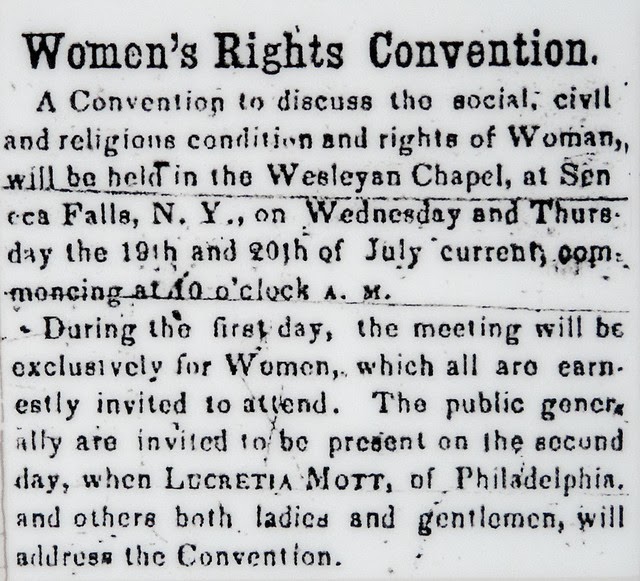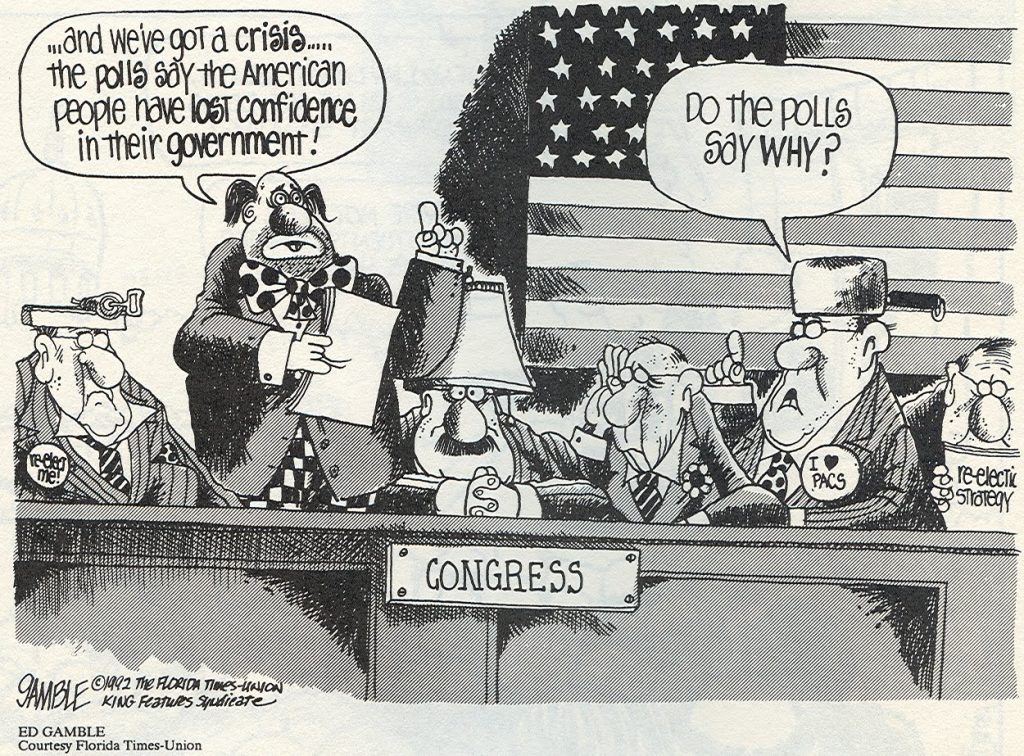“Calling it the surest path to avoiding catastrophic consequences for the planet, a new report by the Intergovernmental International Panel on Climate Change warned Monday that the only way to reverse climate change was for every person on Earth to share a single Chevy Volt. “Given the severity of the current crisis, our best hope for heading off runaway climate change is getting all of the Earth’s citizens to take turns using the same 2017 Chevy volt for the foreseeable future,” read the study in part, which explained that there would also be a Google Doc that allowed the world’s 7.1 billion drivers to coordinate carpools, grocery runs, and road trips across the planet’s seven continents.
“Our team looked into other possibilities, such as everyone sharing 200 electric scooters, but really the single Chevy Volt is the most practical solution for everyone’s needs. Thankfully, developed nations have budgeted enough to reserve a parking spot in Tucson that can be used as a convenient charging location. Now, the United Nations just need to save up enough to buy the thing.” The panel also recommended installing a tow cable on the Chevy Bolt to replace the entire global shipping infrastructure.
From https://www.theonion.com/new-study-finds-only-way-to-reverse-climate-change-if-e-1847320084

